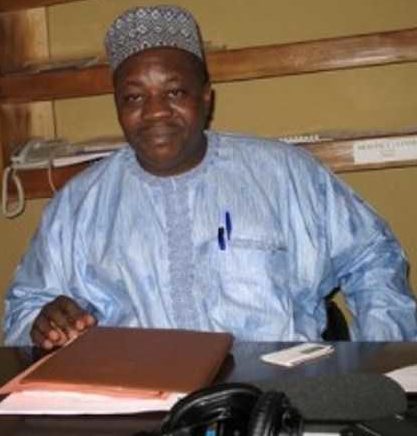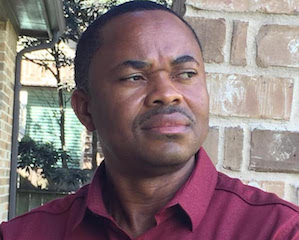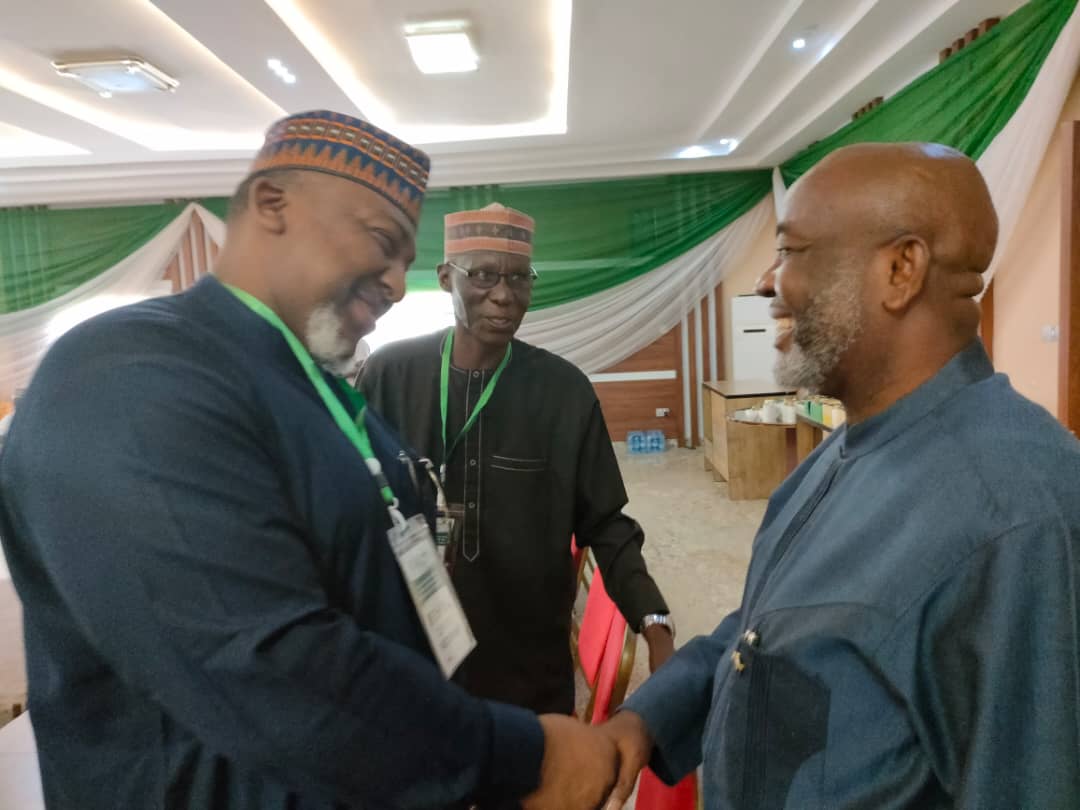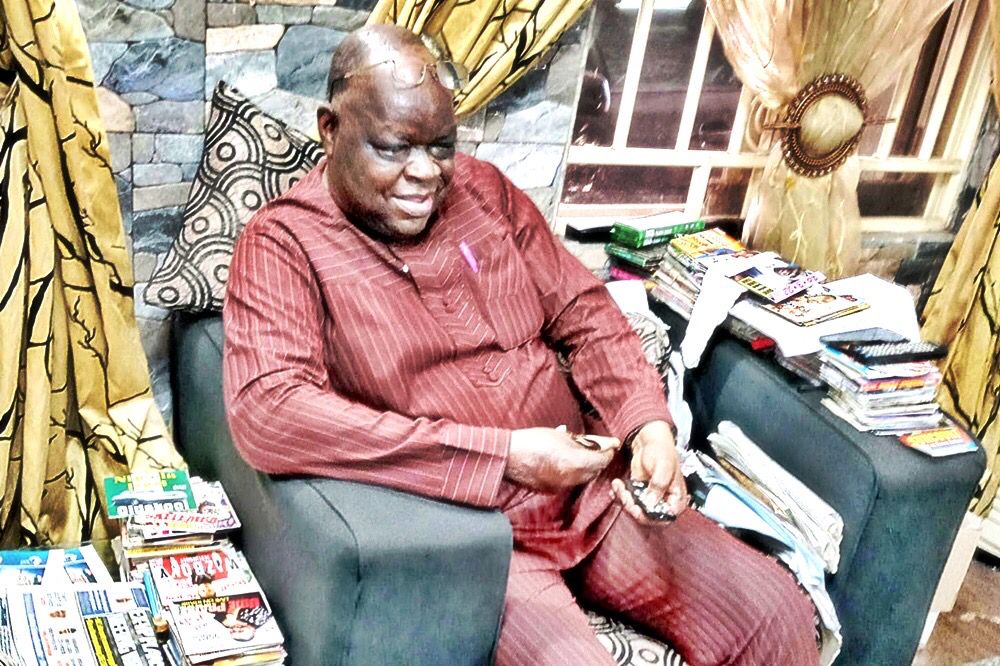June 12th: Democracy and Hardship , By Jibrin Ibrahim
Yesterday was supposed to be a national celebration of democracy remembering the great events that followed the annulled election of 12th June 1993 over 30 years ago. 1993 was a very long time ago, and indeed ancient history for a majority of Nigerians whose median age is 18 years. For those of us of a certain age and a tradition of democratic struggles, it was Nigeria’s rite of passage to becoming a true and enduring democratic society. How many young Nigerians would accept that we have a true and enduring democracy? My generation has constructed the June 12 narrative as a story of great heroes and heroines. They are the winner of the June 12, 1993 presidential election, Chief MKO Abiola; his wife, Kudirat; General Shehu Musa Yar’Adua, Pa Alfred Rewane and so on. Of course, the greatest heroes of June 12 were the millions of Nigerians who came out, contested military rule and literally chased them out of power, gaining a historic victory over military authoritarianism.
The paradox is that the current generation of young Nigerians have difficulties seeing the evidence for defining such people as selfless heroes, who have contributed to consolidating democracy and providing public service. They have literally no experience of seeing selfless heroes that they can look up to. We ourselves can ask whether they were truly selfless heroes or just birds of circumstances, but that question is not for today. The lived reality of the current generation is that the only agency they have seen in centres of power are powered by greedy looters of the public treasury. Our praise singing about our democracy heroes may therefore bounce off the majority of young Nigerians.
There is no surprise therefore that the word on the streets is that June 12 should be an occasion to protest against the hardship Nigerians are suffering from. In the lead up to the day, there were reports that protests against hardship were being organised in at least 20 states in the Federation. The organisers, #TakeItBackMovement saw more value in protesting against hardship rather than celebrating democracy. June 12 was adopted in 2018 by the administration of former President Muhammadu Buhari as Nigeria’s Democracy Day in honour of the winner of the June 12, 1993, election, Moshood Abiola. This year’s commemoration marks 26-year uninterrupted democratic rule in the country. The organisers of the protests are saying that what they see is hardship, insecurity and a “shrinking civic space” under the administration of President Bola Ahmed Tinubu.
A report by Amnesty International says that over 10,000 Nigerians had lost their lives to various security crises since President Tinubu assumed office. Over 133 million citizens are living in multidimensional poverty. Many have been forced out of their homes due to insecurity and attacks by bandit terrorists. It is because of this situation that the organisers say, that: “On June 12, 2025, the people of Nigeria, young and old, working class and unemployed, angry and awake, will take to the streets in peaceful protest against the unbearable insecurity and economic hardship that have strangled this nation”. They add that: “Protesting is not a request; it is a constitutional right. Sections 39 and 40 of the 1999 Constitution (as amended) grant every Nigerian the freedom of expression and peaceful assembly. No law gives the police the power to crush or criminalise peaceful dissent.
The Tinubu Administration has used the mid-term review to repeatedly make claims that they have arrived at the turning point in improving the lives of Nigerians. They are talking but are not communicating. The stories Nigerians are talking about today pertain to their lived reality, which is the deepening of poverty, widening inequality, growing insecurity, massive unemployment, poor healthcare and education services. At the same time, Nigeria is witnessing the coercion of the media and the shrinking of civic space. In other words, Nigerians are not enjoying the dividends of democracy they had been promised.
At the same time, opposition party leaders who are massively defecting to the ruling party are being offered an Eldorado they cannot refuse. The rate of one-directional movement into the ruling All Party’ Congress is so massive that many analysts fear that a scenario for single-party rule is being prepared. The scenario being prepared is to evacuate all candidates that are not praise singers to the present regime from presenting themselves as credible alternatives. It is a civilian equivalent of General Abacha forcing all the parties in the Third Republic to declare him as their presidential candidate.
President Tinubu is just about to appoint a significant component of the leadership of the Independent National Electoral Commission. Some of his recent appointments appear to be card carrying members of his party. If INEC is compromised in a context in which opposition parties have been denuded of their strong leaders, the future before us will not be democracy. Let it be known that Nigerians will not accept the demolition of democracy, which is a good and resilient system. It is a normative system that people value for its positive content – political and human rights, civil liberties, participation, equality, rule of law and so on. For this reason, there are always demands for democracy and when countries try to move away from it, epic struggles for its return emerge.
The core challenge to democracy in Nigeria has been the reckless and rising levels of corruption by the political class that is making governance impossible. Even the country’s main source of revenue, petroleum, is stolen and Nigeria is finding it difficult to generate sufficient revenue to carry out governmental tasks. It is getting worse. Increasingly, even the revenue that is available is being embezzled by reckless officeholders. Kleptocracy is making governance impossible, as monies meant for security, the provision of social services and the construction of infrastructure projects are stolen and governance is grinding to a halt. At the same time, current economic policies have created an unprecedented cost of living crisis as so many farmers find it impossible to farm due to rural insecurity. The elimination of a level playing ground for free, fair and credible elections in 2027 poses the risk of provoking system collapse and popular revolt. This is the outcome that all people of goodwill should play a role in avoiding. Nigeria needs to take a new turn in which the governing class wakes up to its sense of enlightened self-interest and takes the war against corruption seriously so that public resources could henceforth be used for the public good. This would create a new situation in which respect for democratic principles and practices return and confidence in the system grows. Why shouldn’t I dream? IT’S HAPPY DEMOCRACY DAY.




